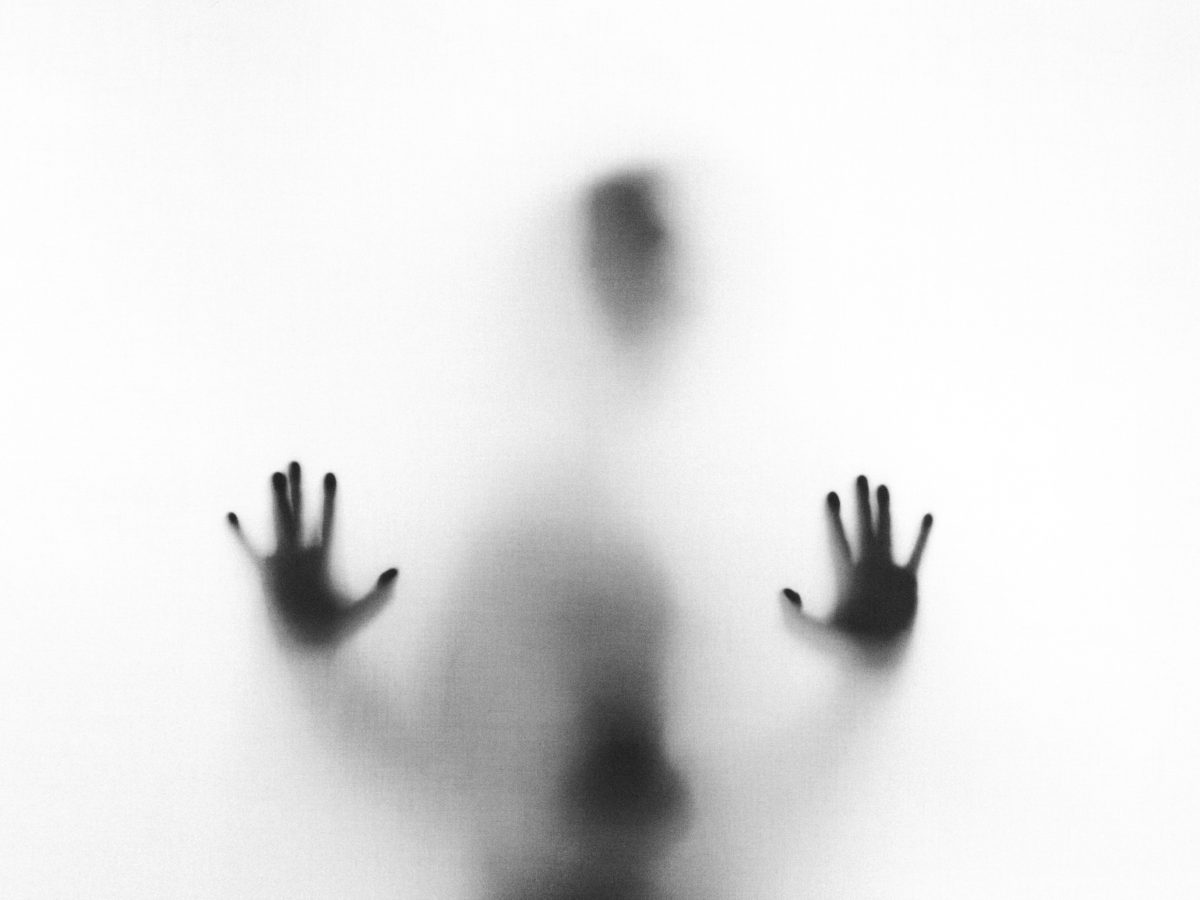Experiencing any sort of trauma can be a life-changing event. If you’ve lost something crucial to your well-being, you can’t often tell what the outcome will be. Sometimes losses can be caused by a disorder that drives you to do things you wouldn’t normally do.
And when that happens, you can feel pretty helpless and powerless.
Trauma recovery can be a challenge, but with the right support, there are ways to recover, rebuild, and move forward with your life.
Start By Labeling Your Feelings
When you feel powerless, you feel afraid to express your needs because you fear that even more will be taken from you. When you start the path to recovery, small steps can have a BIG impact. Put one foot in front of the other each day. Start by talking about how you feel and why. When you identify and engage in your emotions, you can slowly start to take positive action.
Develop The Right Mindset
As you try to move away from trauma, having the right mindset is essential to recovery. Find ways to help you stay present. Try to live in the moment. Develop an attitude of gratitude to help you find the good in each day. This can help slowly build up your self-esteem and confidence.
Healing after trauma starts with believing in yourself and the potential you have. Let Dr. Madarm take of of the “hows” of recovery at Freedom Psychiatry.
Dr. Madaram offers adult and pediatric trauma treatment to help you find ways to recover. Through talking therapy modalities like CBT and EMDR, and medicine if needed, he can help you find your footing and overcome PTSD. Everyone has the strength to overcome challenges. Sometimes, you just need a little help to find it.
Let Dr. Madaram get you on the path to healing through finding yourself. Call Today (919) 802-1417




